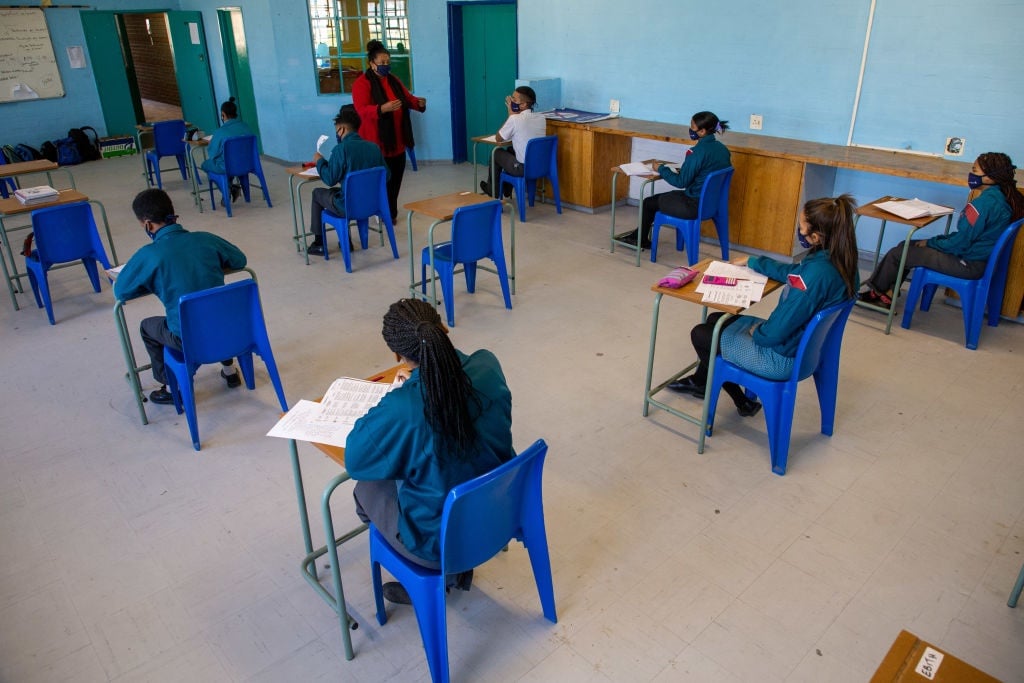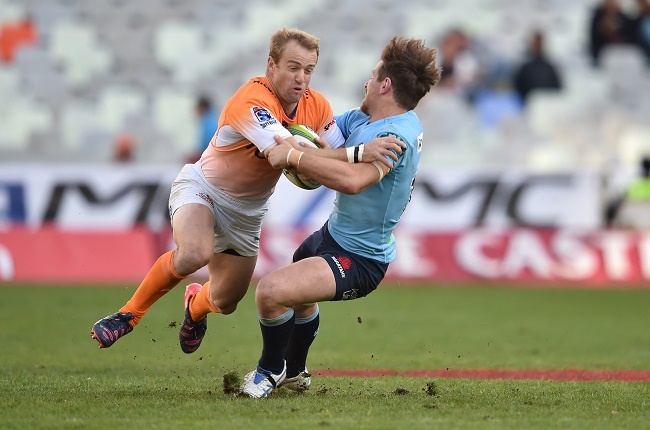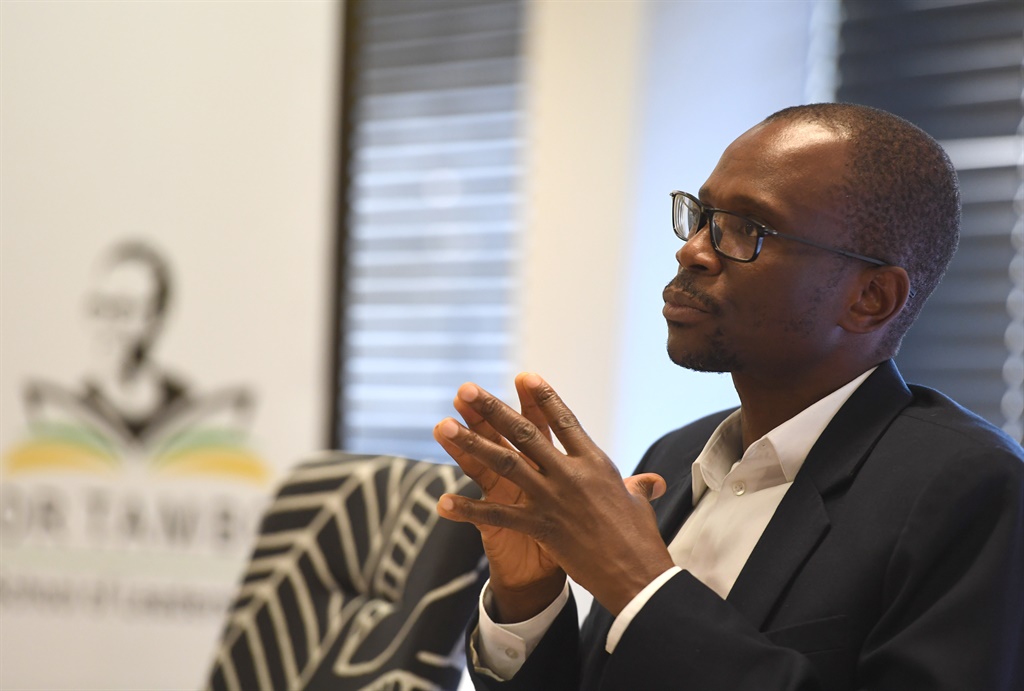- Sarel Pretorius holds Super Rugby close to his heart, but believes SA rugby will probably make the switch to Europe.
- The recently retired 36-year-old says New Zealand’s announcement means there’s little reason for the local game to stay south.
- Pretorius argues that SA teams may also find it a bit easier to win tournaments in Europe.
Back in the late 1990s, when broadcasting agreements weren’t quite the dictators of kick-off times, Sarel Pretorius would rise early to catch some Super Rugby action.
The prospect of missing out on a precious commodity, like a teenager’s sleep-in, didn’t bother him in the slightest.
“Weekend mornings were filled with Super Rugby matches. It was one of the joys of growing up,” he told Sport24.
“More importantly, those years did a lot for my early grounding as a rugby player. The quality and tempo were fantastic. I dreamt of playing in the tournament, to be part of the action.”
Given the indelible mark Pretorius – affectionately named ‘Super Sarel’ for his exploits – left on Super Rugby during fruitful stints with the Cheetahs and Waratahs, one would expect the 36-year-old former scrumhalf to lean south when it comes to the debate on South African rugby’s future direction.
It’s not the case.
In fact, Pretorius dutifully believes the realities of a rugby landscape, shaken up by the Covid-19 pandemic, means the local game will probably have to accept that the road ahead is Europe or bust.
“When you think about it, South African rugby has stayed loyal to the southern hemisphere region because the New Zealanders valued our participation,” he said.
“But when they recently announced that they want to go at it on their own, the writing was on the wall.
“If the Kiwis don’t want to play as regularly against us anymore, then there’s probably not much reason to look for many alternatives, except going to Europe.”
The recent retiree, who is back in Bloemfontein to assume his role as a relationship manager for a local insurance firm, is obviously taking the pragmatic view on the matter.
However, he’s actually just as conflicted over it as many others.
Pretorius excelled in Super Rugby, his initiative, skill and electrifying pace capturing the imagination of a litany of supporters.
He was crowned as South Africa’s Super Rugby Player of the Year in 2011 and left a legacy of being highly unlucky to only become an Emerging Springbok.
“Super Rugby was great. Admittedly, I and various other teammates had a lot of freedom to express ourselves at the Cheetahs. We were encouraged to play what was in front of us,” said Pretorius.
“The nature of the tournament is very conducive for it. It’s high in tempo, high in skill and very competitive. You always felt as if you were part of innovation. I don’t think you can really blame anyone who continues to argue that playing regularly against New Zealand teams has kept us strong.”
Yet, even if his move to Wales’ Newport-based Dragons in 2015 was viewed as lucrative if somewhat less glamorous, it proved an immensely enriching experience for Pretorius.
“At 31, I was exposed to a totally different style of play and conditions. You obviously never forget your more attacking roots, but playing in the UK and Europe forces you to become tighter as a player,” he said.
“You’re required to focus more on tactics, to adapt your game-management skills and make sure your tactical kicking is up to scratch. I found it very valuable to play in the northern hemisphere. I know it’s a cliche, but it really made me a more rounded player.”
Unfortunately, such best-of-both-worlds scenarios simply aren’t realistic in this new cutthroat era of the professional game.
It means South African rugby now needs to make decisions that transcend Springbok coach Jacques Nienaber’s ideal of possessing a national squad of players versed in all conditions.
It’s now about where one can adapt quicker, deliver relatively immediate results and drive commercial value.
“Let’s be honest, the time difference between South Africa and Australasia will always be an issue. That travel takes it out of you and it always put us at a disadvantage in terms of winning big matches.
“You don’t just go and win a semifinal and final in New Zealand. Maybe that’s one factor that would make a move to the north more beneficial,” said Pretorius.
“I’m not saying any South African franchise will just waltz into a PRO14 and start winning the tournament. But the travel is better on the body and the conditions also perhaps suit our traditional style of play a bit better.
“The Cheetahs managed to reach the playoffs of the PRO14 in their very first season.
“It will be sad to see us not part of Super Rugby anymore, but the alternative is hardly a bad one.”









